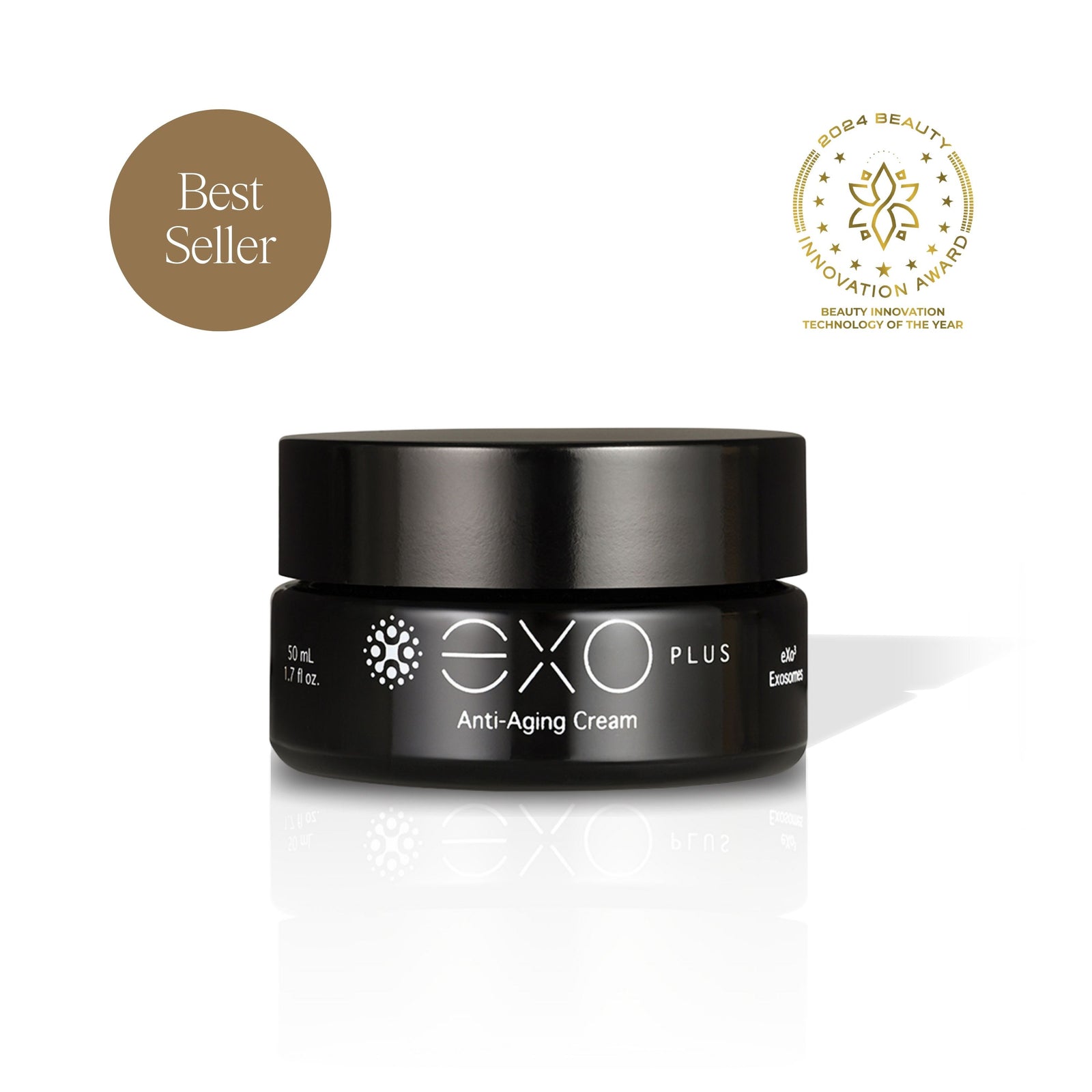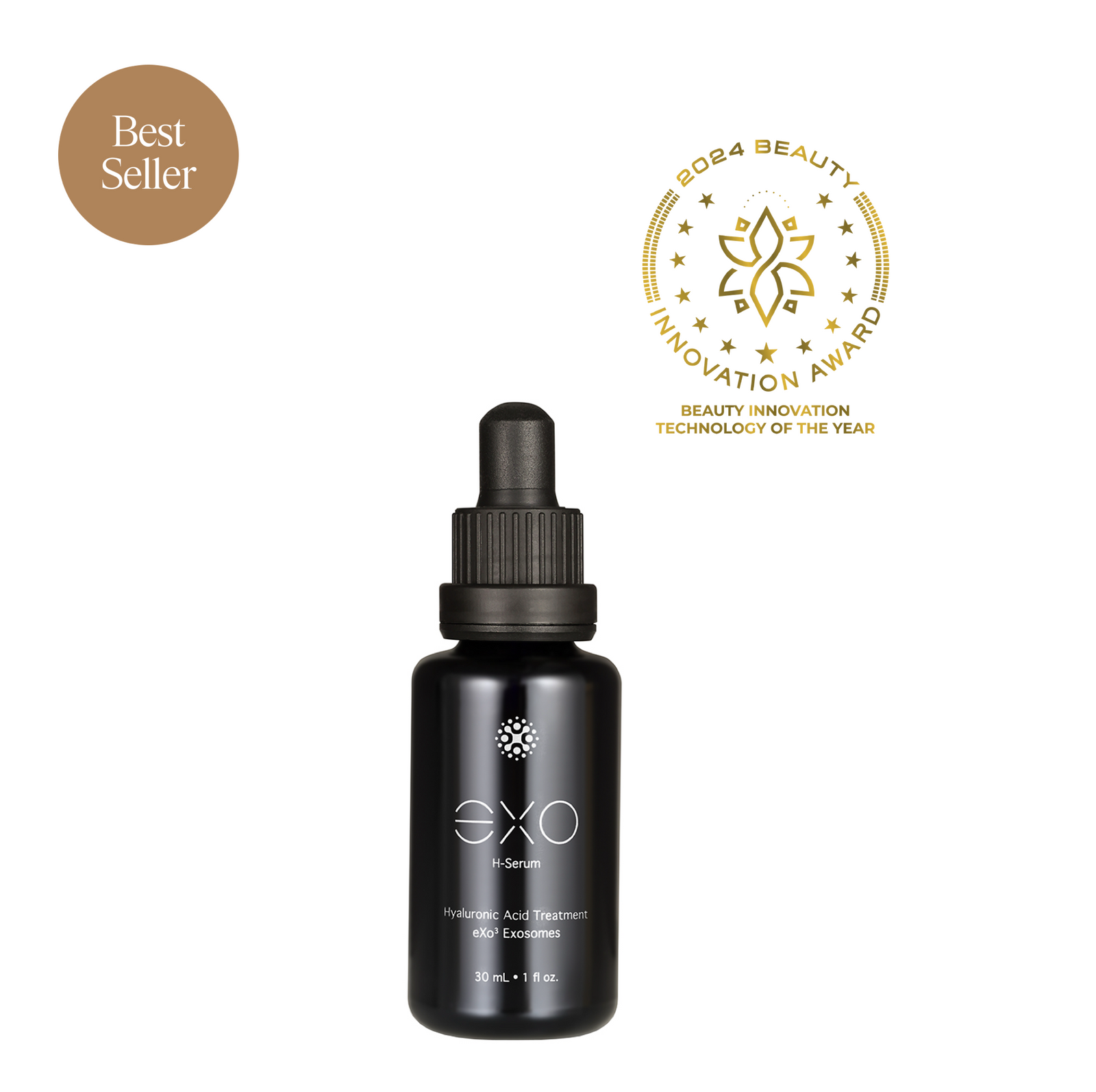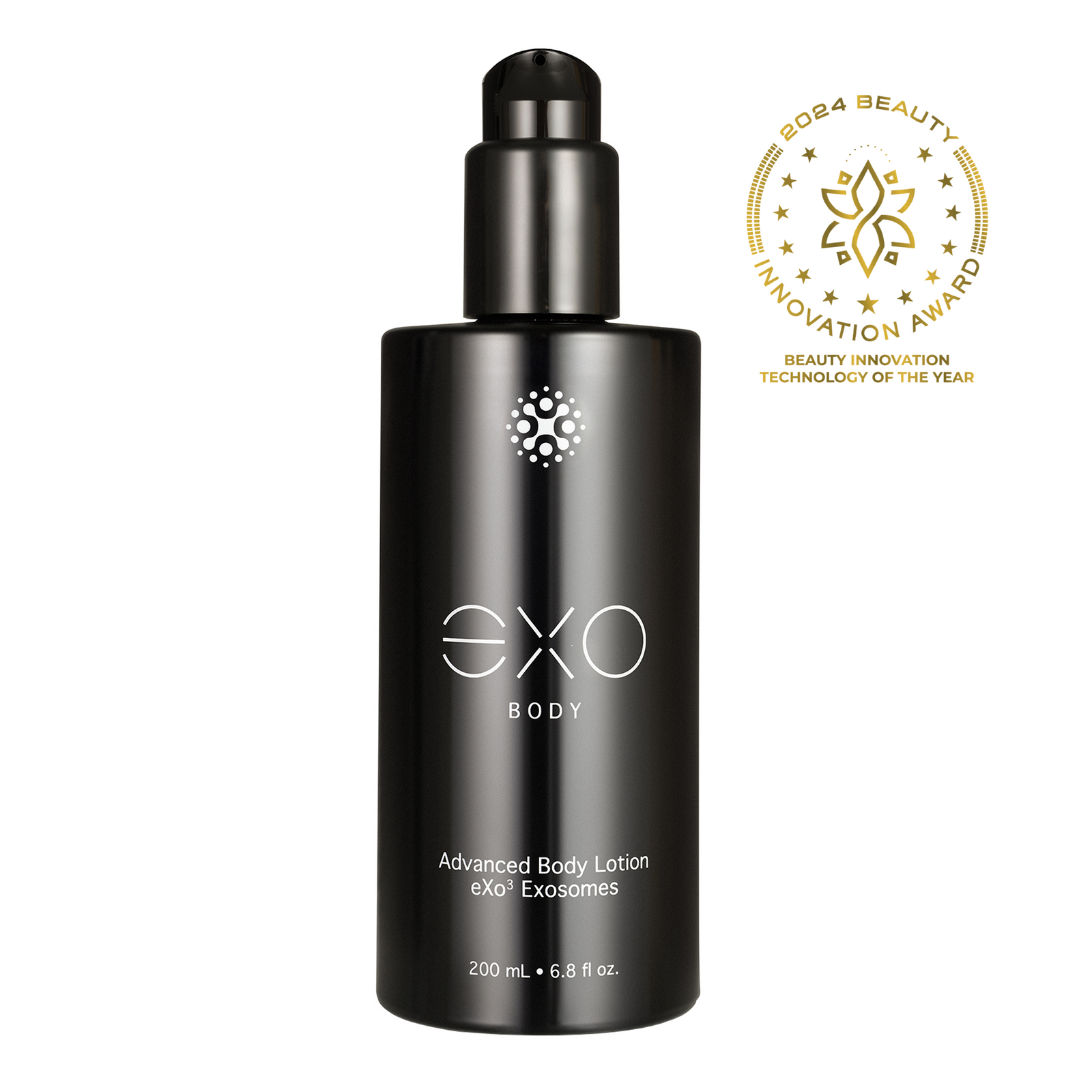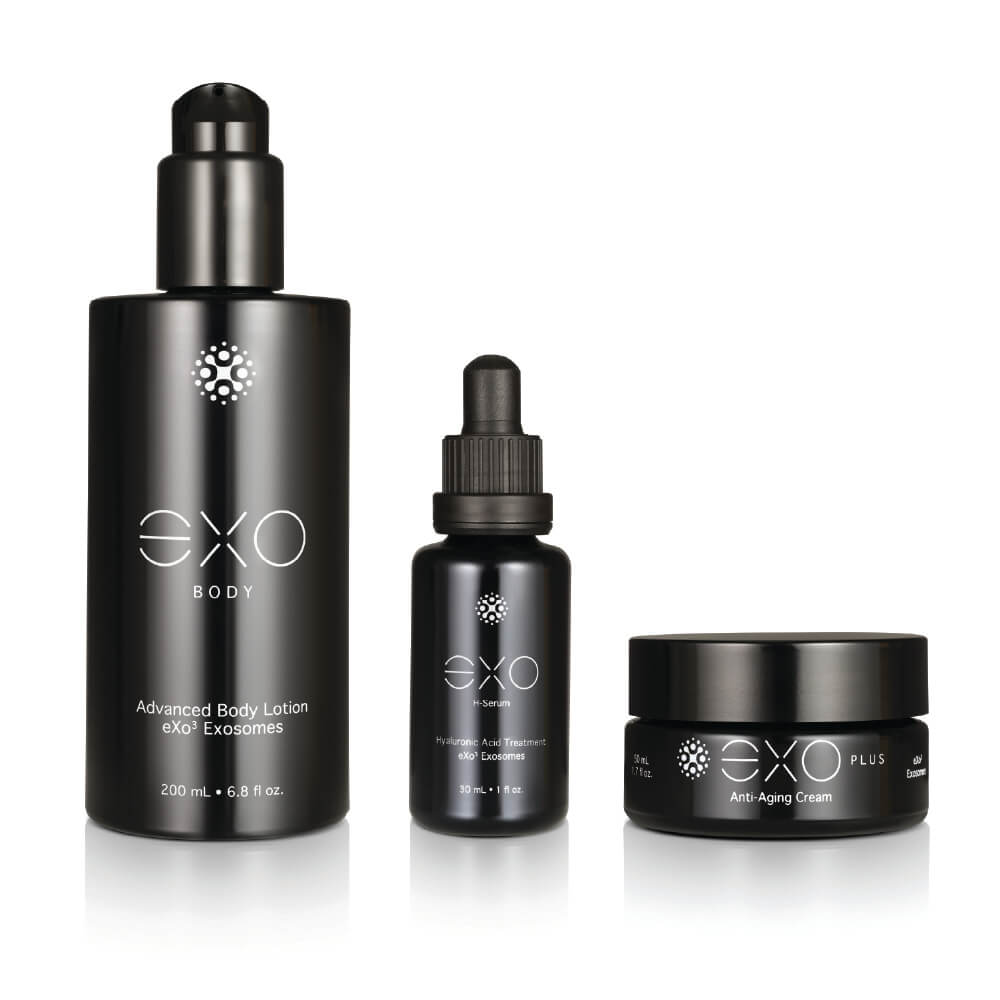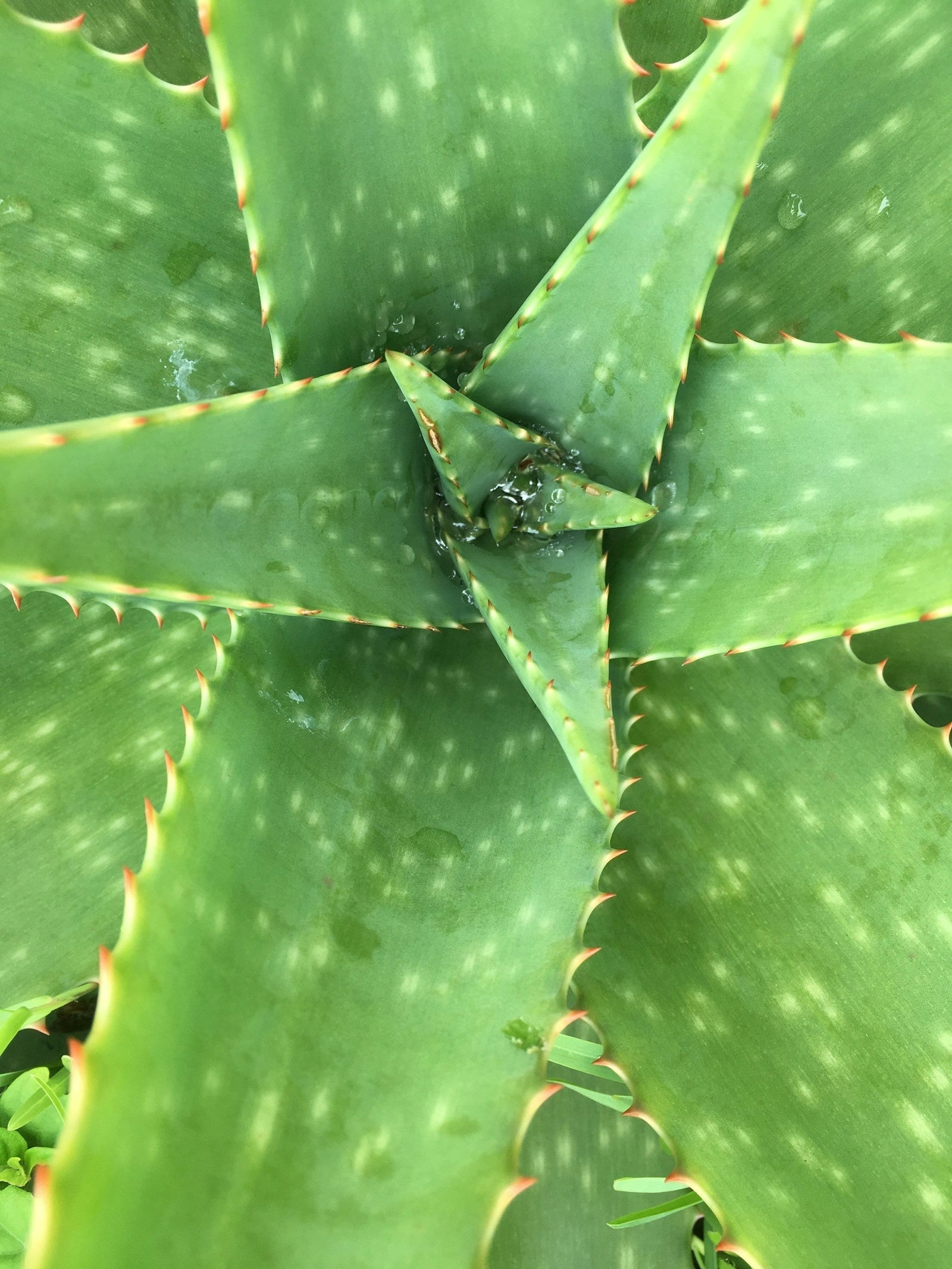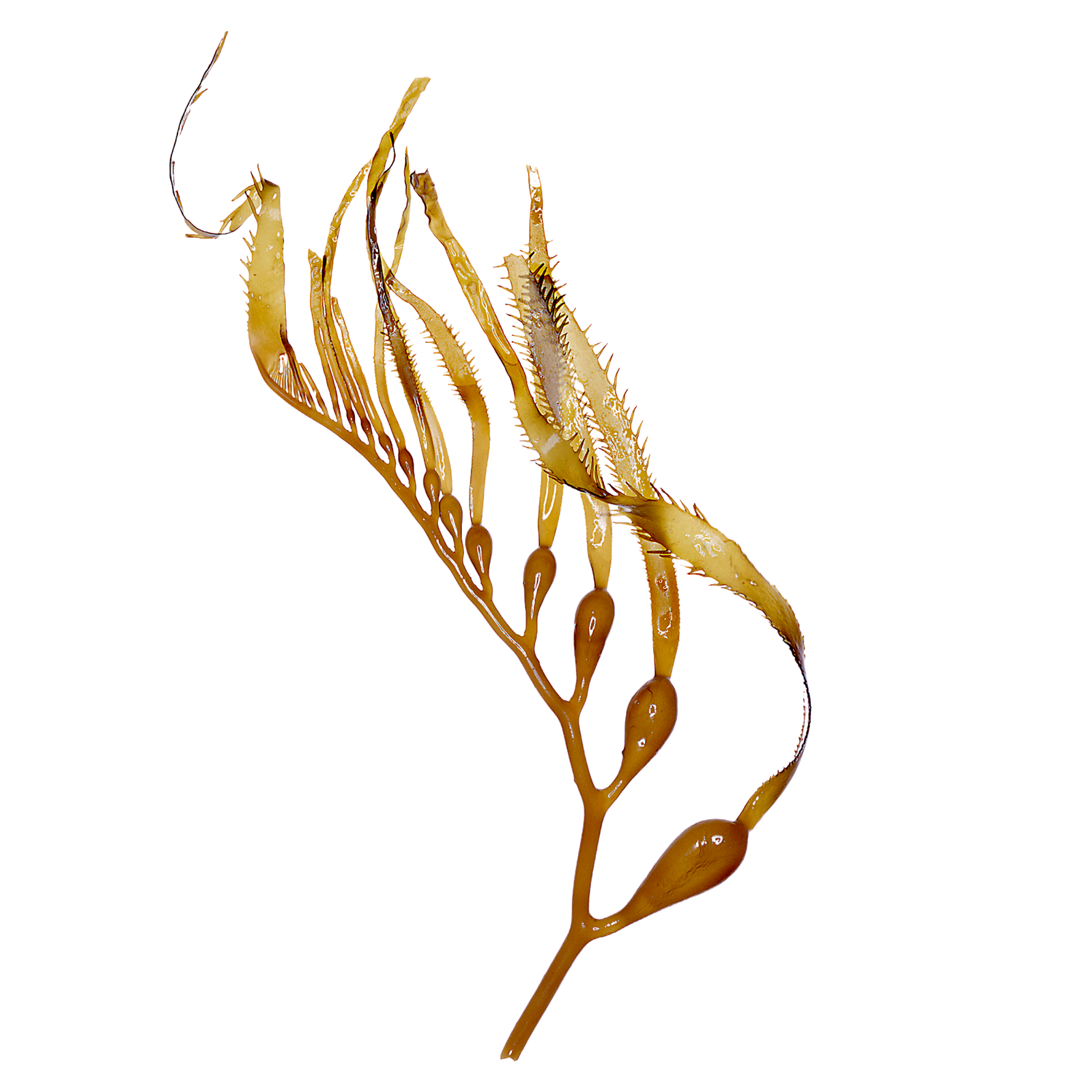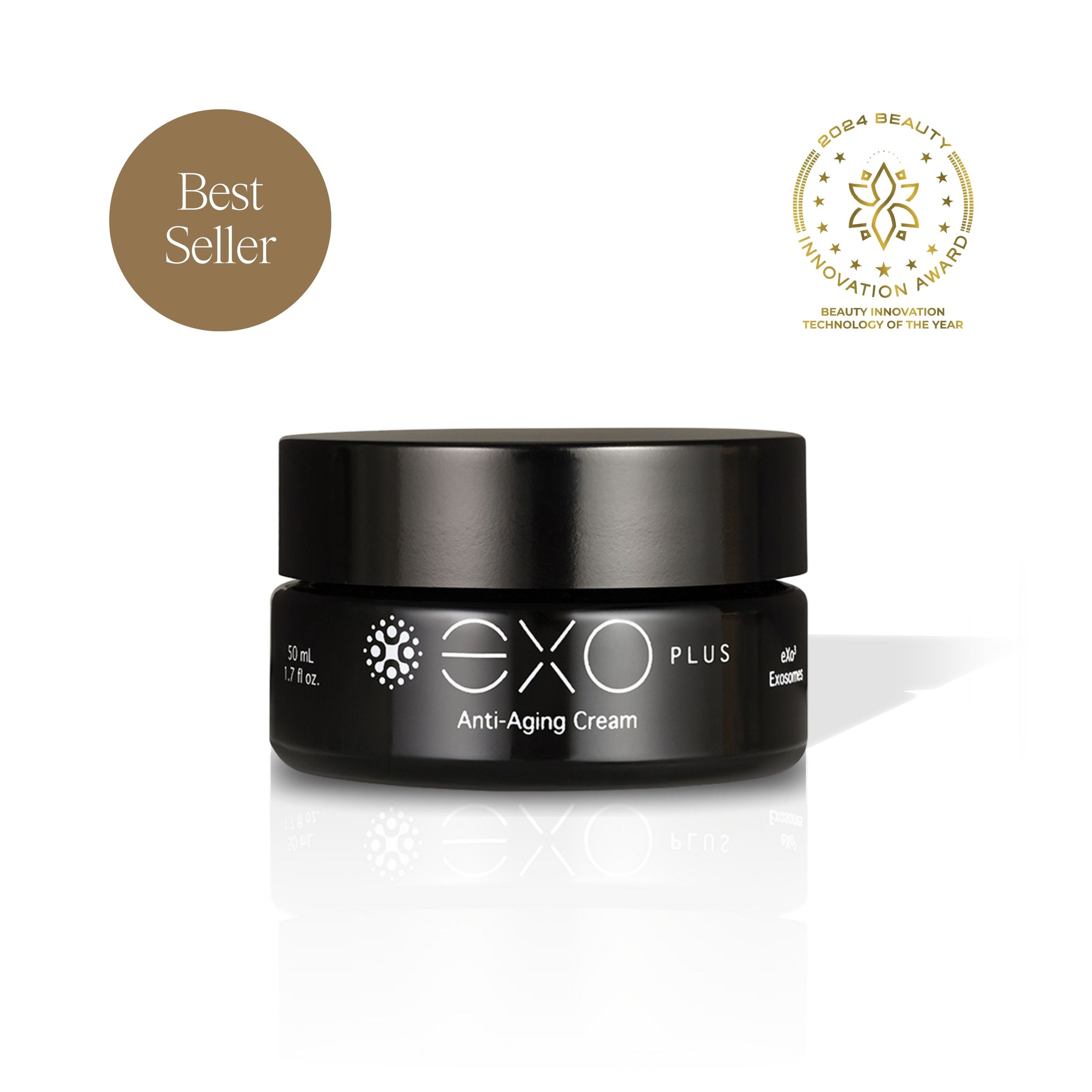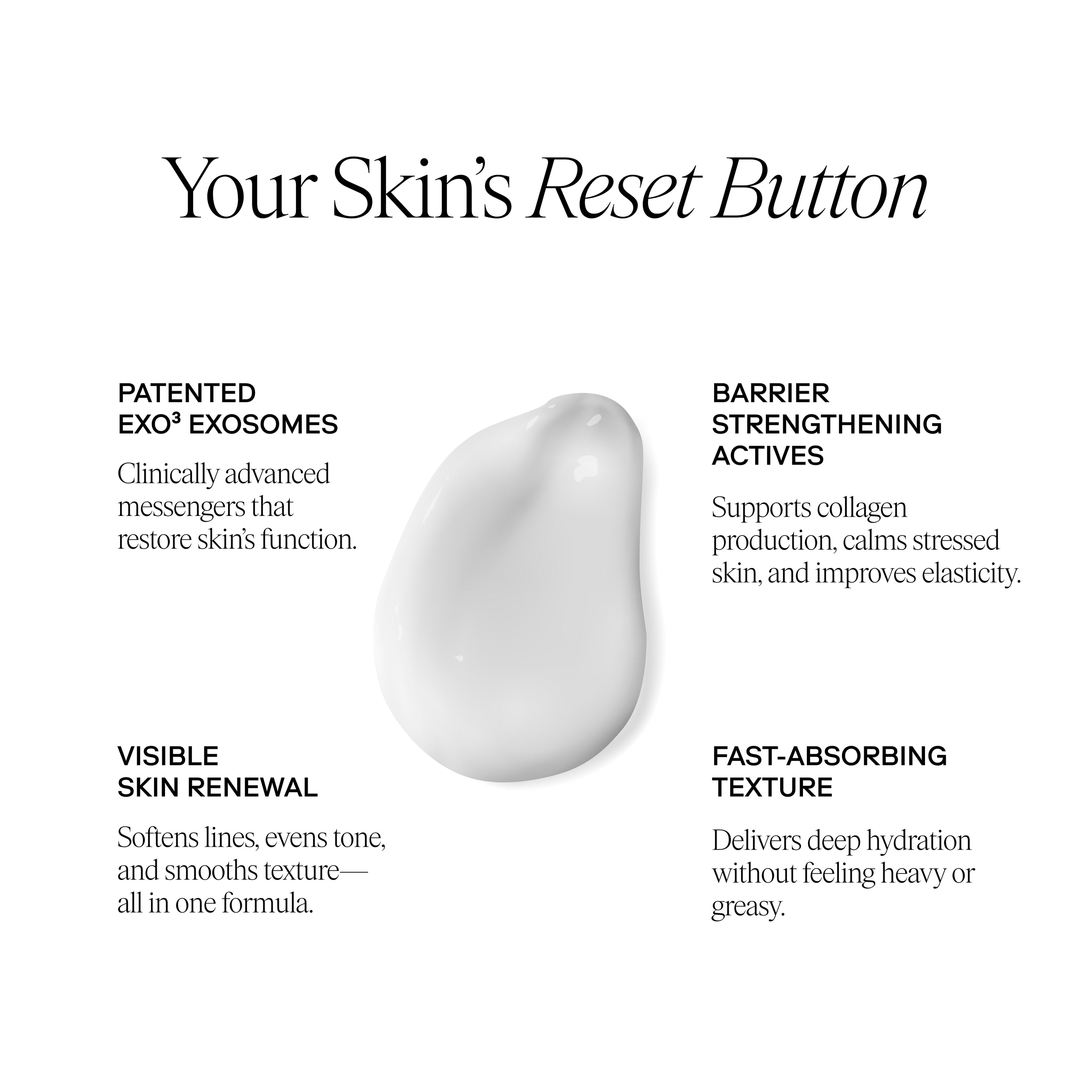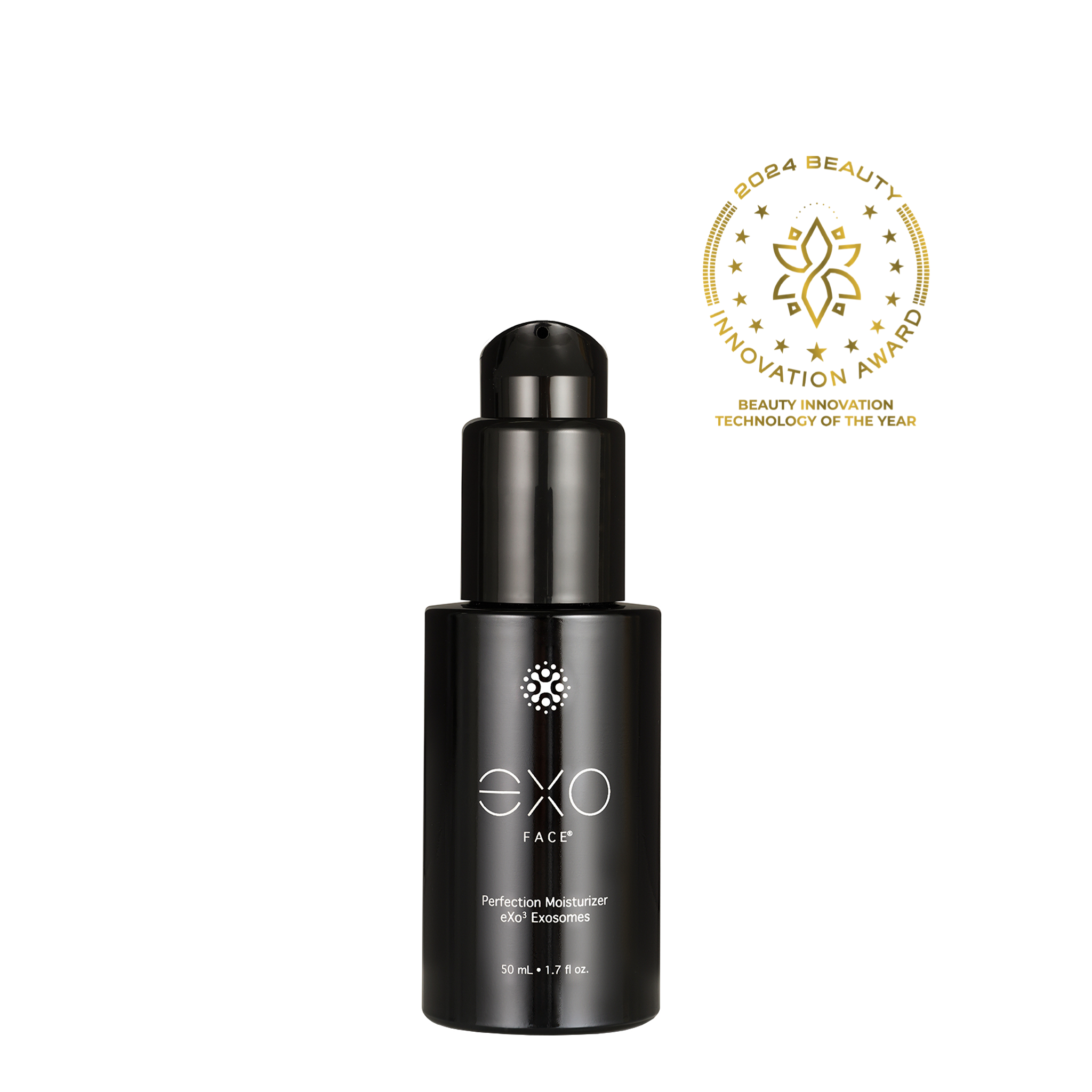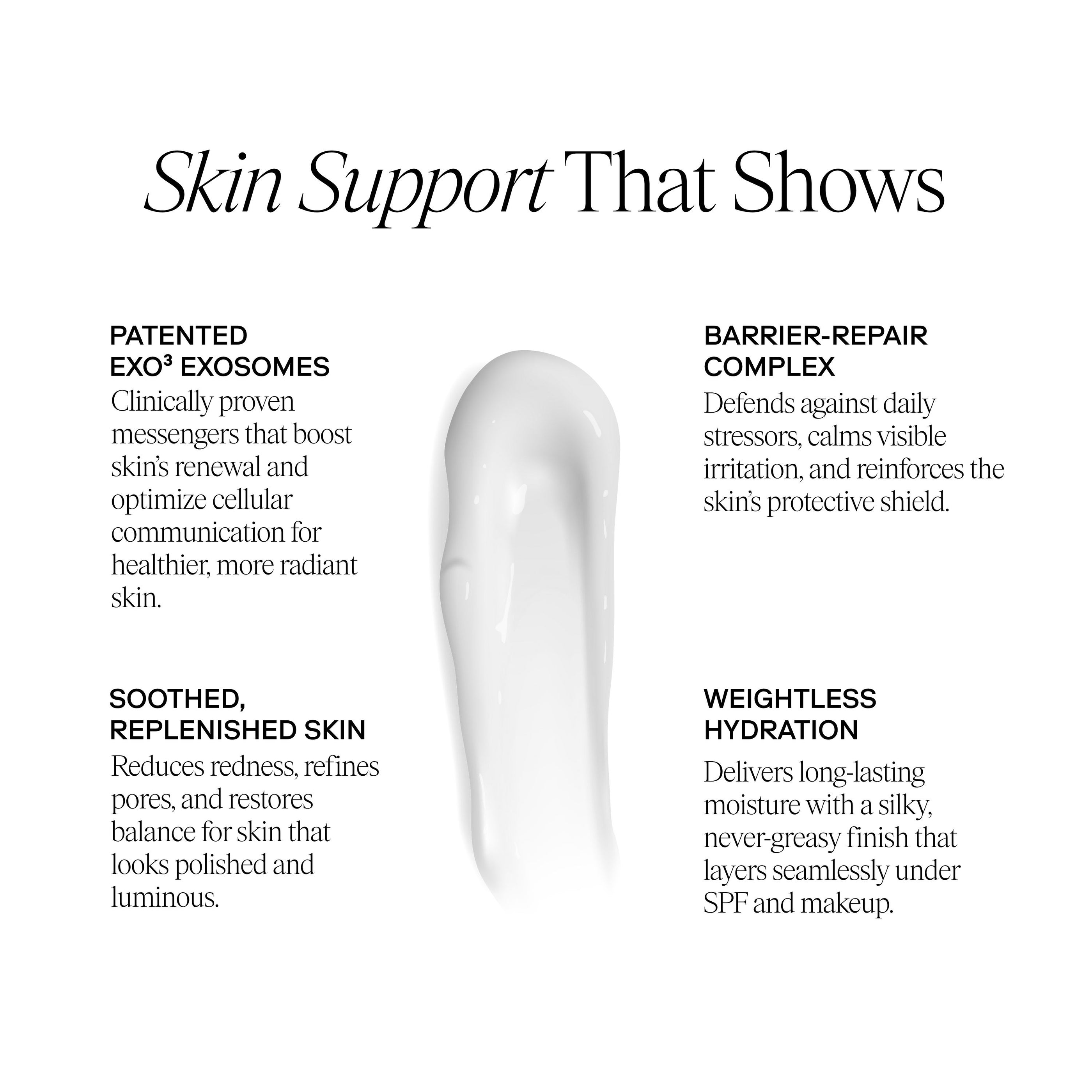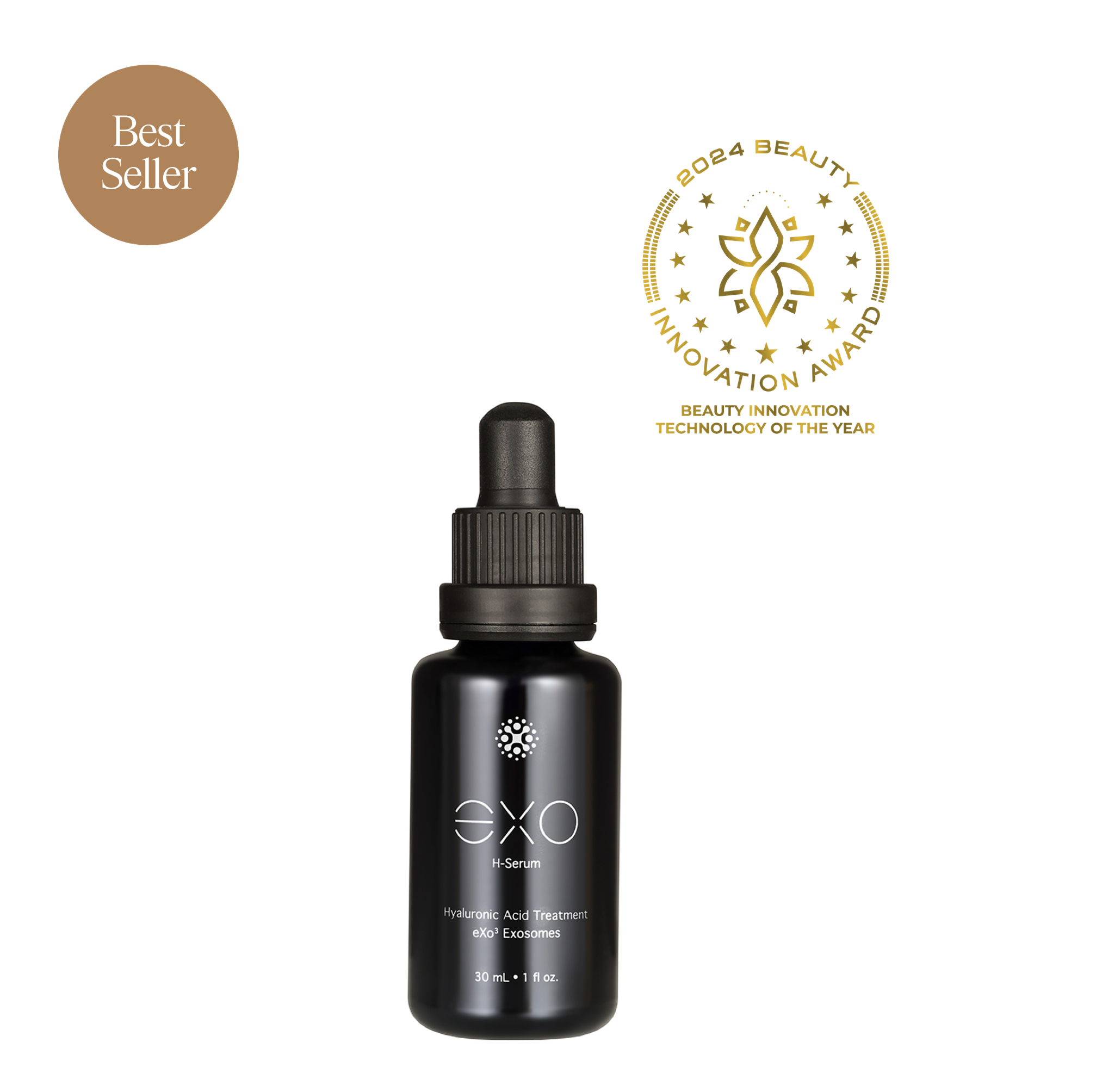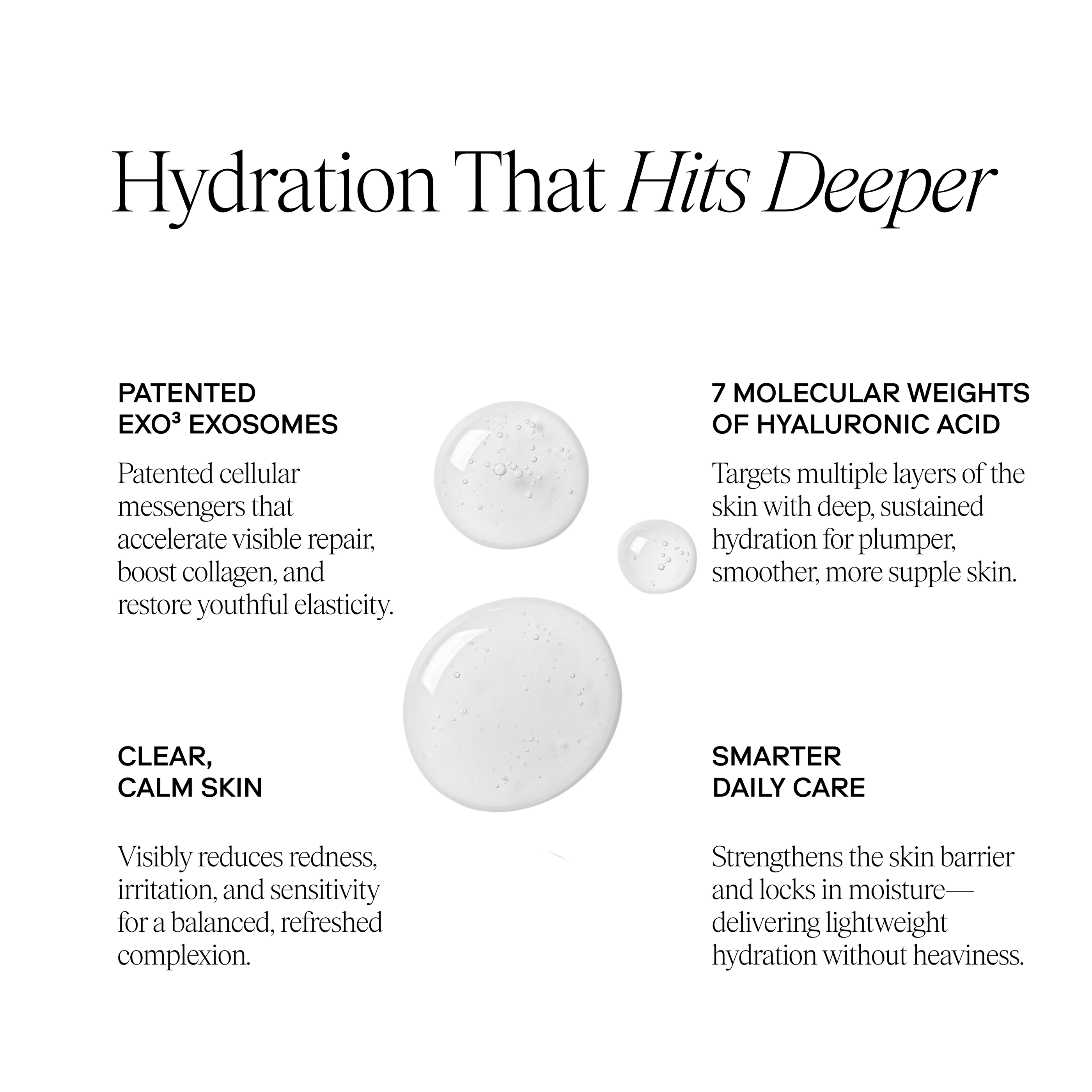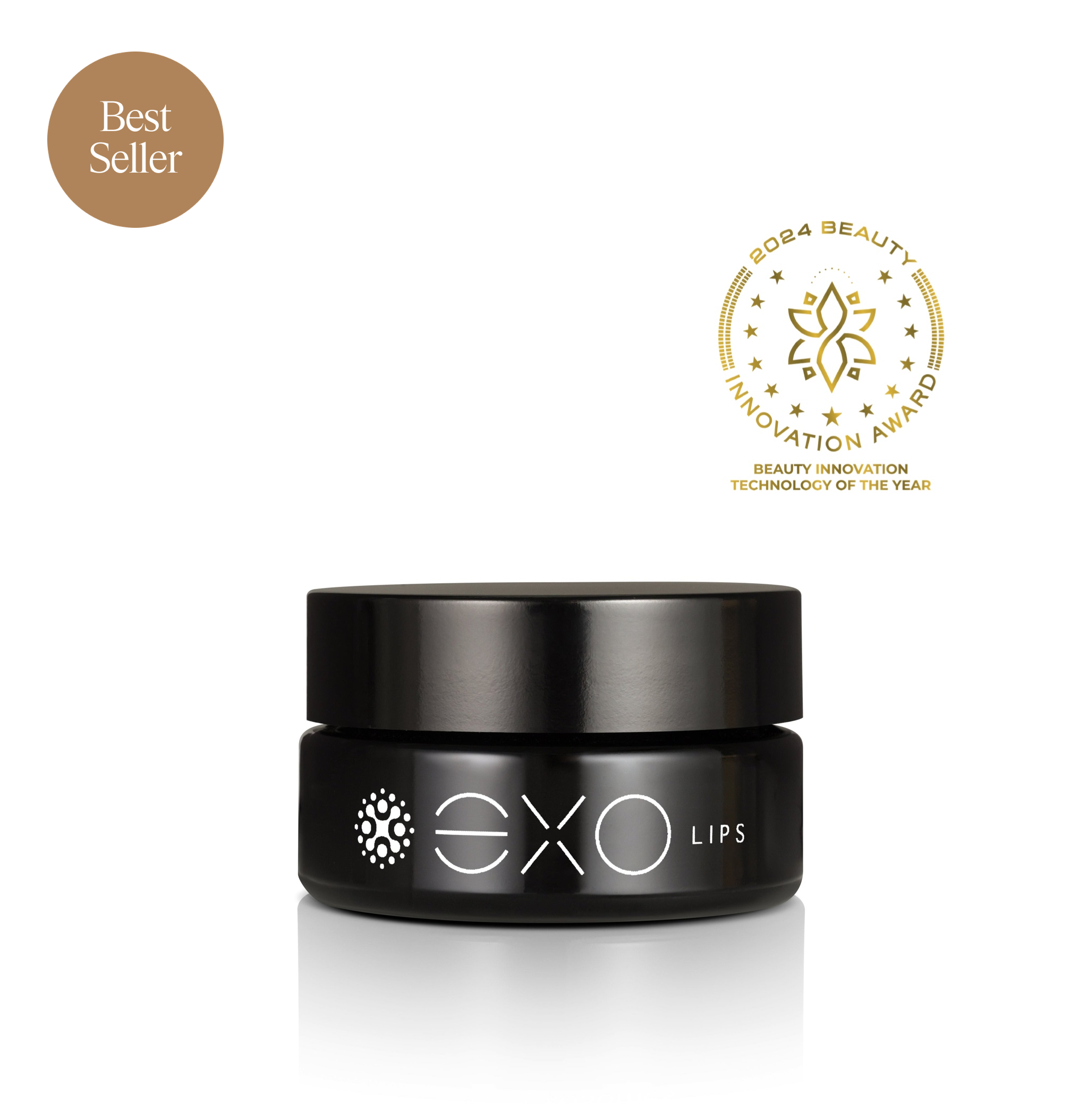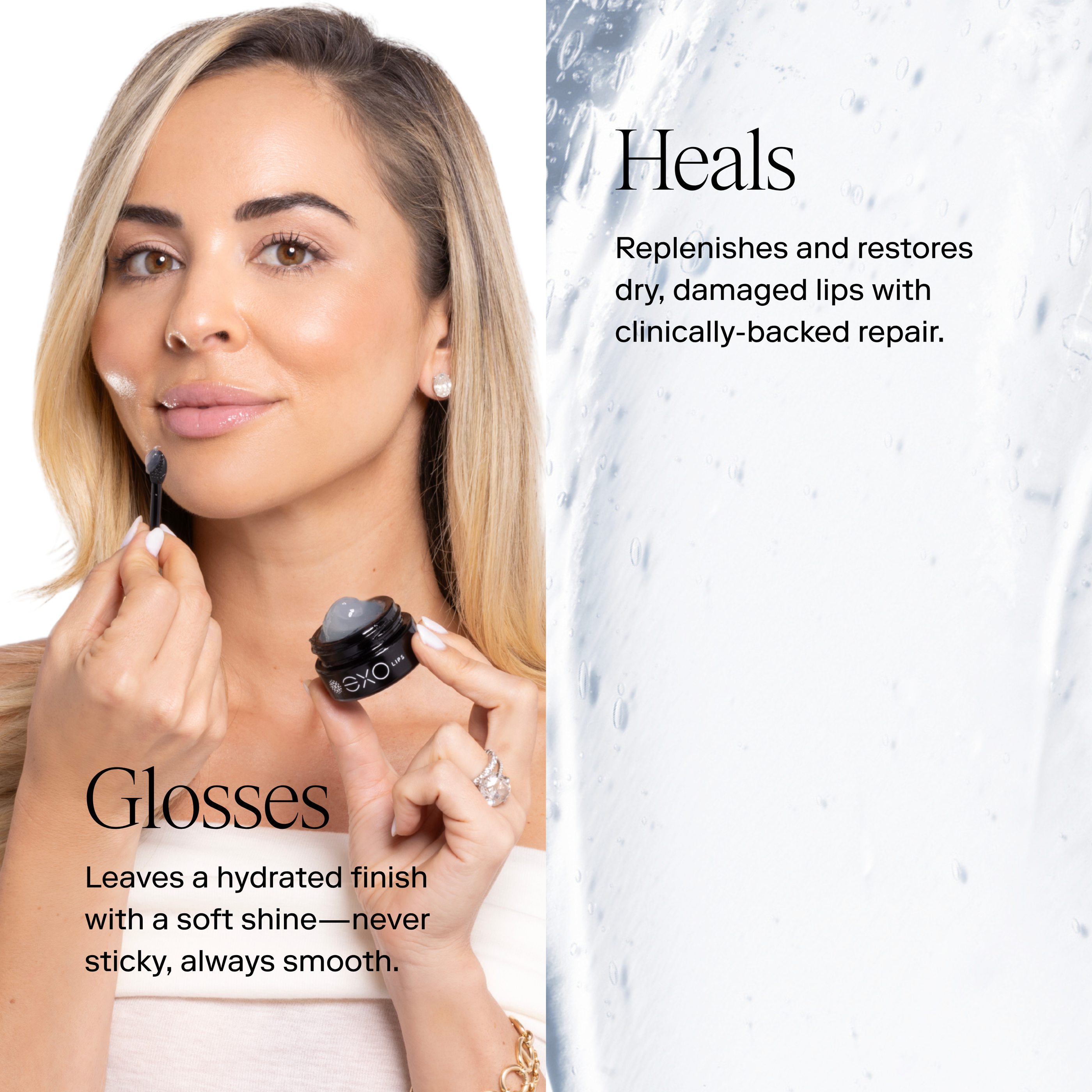In recent years, there has been a significant surge in interest surrounding natural remedies for acne treatment. As consumers become more conscious about the ingredients they apply to their skin, the appeal of natural solutions has grown substantially. But amid countless social media claims and home remedy suggestions, one crucial question remains: Do these natural treatments actually work?
Understanding Acne: A Scientific Perspective
Before diving into natural remedies, it's essential to understand what causes acne. Acne develops when hair follicles become clogged with oil and dead skin cells, leading to inflammation and bacterial growth. Several factors contribute to this process. The primary causes include excessive oil production by the skin's sebaceous glands and the proliferation of P. acnes bacteria. Additionally, inflammation plays a significant role, while the accumulation of dead skin cells can block pores and worsen the condition. Hormonal fluctuations, particularly during puberty, menstruation, and stress, can also trigger or exacerbate acne breakouts.
Most Popular Natural Remedies: Evidence-Based Analysis
1. Tea Tree Oil
One of the most studied natural acne treatments, tea tree oil has shown promising results in clinical trials. Tea tree oil can be as effective as benzoyl peroxide for treating mild to moderate acne, though it may work more slowly.
Tea tree oil offers several advantages in acne treatment. Its natural antibacterial properties help fight acne-causing bacteria, while its anti-inflammatory effects can reduce redness and swelling. Most people tolerate tea tree oil well when used properly. However, there are some drawbacks to consider. Some individuals may experience skin irritation, especially those with sensitive skin. The treatment typically requires more time to show results compared to conventional medications, and proper dilution is essential to prevent skin reactions.
2. Honey
Raw honey, particularly Manuka honey, has gained attention for its potential acne-fighting properties. Honey's antibacterial and wound-healing properties may help reduce acne inflammation and promote skin healing.
Honey provides multiple benefits for acne-prone skin. Its natural antibacterial properties help combat infection, while its moisturizing effects keep skin hydrated. Furthermore, honey's wound-healing capabilities can help speed up the recovery of existing blemishes.
3. Green Tea
Both topical and oral consumption of green tea has been studied for acne treatment. The polyphenols in green tea can help reduce sebum production and inflammation.

4. Aloe Vera
This ancient remedy has maintained its popularity in modern skincare. Scientific research has revealed that aloe vera contains natural compounds like salicylic acid and sulfur, which are known to fight acne effectively. Its anti-inflammatory properties help reduce redness and swelling, while its moisturizing benefits keep skin hydrated without causing excess oiliness.
The Reality Check: Effectiveness and Limitations
While natural remedies can be beneficial, it's important to maintain realistic expectations. The effectiveness of these treatments varies significantly from person to person, and what works for one individual may not work for another. It's crucial to understand that "natural" doesn't automatically mean safer, as allergic reactions can still occur. In cases of severe acne, medical intervention is typically necessary, as natural remedies alone may not be sufficient. Additionally, these treatments generally take longer to show results compared to conventional medical treatments.
Best Practices for Using Natural Remedies
To maximize the effectiveness of natural treatments, there are several important steps to follow. First, always perform a patch test before applying any new remedy to prevent adverse reactions. Maintaining a consistent skincare routine is crucial for seeing results. It's helpful to document your progress with photos to track improvements over time. Patience is essential, as natural treatments typically require 8-12 weeks to show significant results.
When to Seek Professional Help
Natural remedies may not be sufficient in certain situations. If you experience severe or cystic acne, noticeable scarring, persistent breakouts despite consistent treatment, or significant emotional distress due to your skin condition, it's important to consult a healthcare professional.
Complementary Lifestyle Factors
The effectiveness of any acne treatment, natural or otherwise, can be enhanced through various lifestyle practices. A balanced diet provides essential nutrients for skin health, while adequate sleep allows for proper skin repair and regeneration. Stress management is crucial as high stress levels can trigger breakouts. Staying well-hydrated helps maintain skin health, and regular exercise improves circulation and can help regulate hormones that affect acne.
Conclusion
Natural remedies can be effective for mild to moderate acne when used correctly and consistently. However, they should be viewed as part of a comprehensive skincare approach rather than a miracle solution. While some natural treatments have scientific backing, others require more research to validate their effectiveness.
For those considering natural remedies, it's worth starting with well-researched options like tea tree oil or honey, while maintaining realistic expectations about results. Remember that what works for one person may not work for another, and there's no shame in combining natural treatments with conventional methods or seeking professional help when needed.

